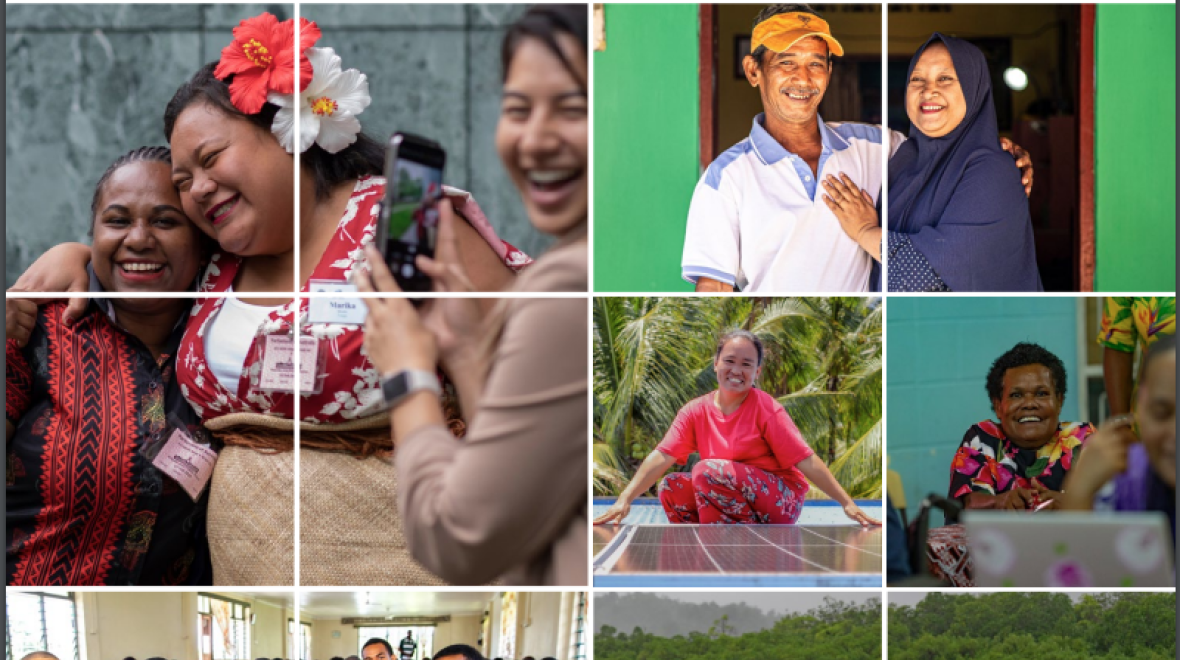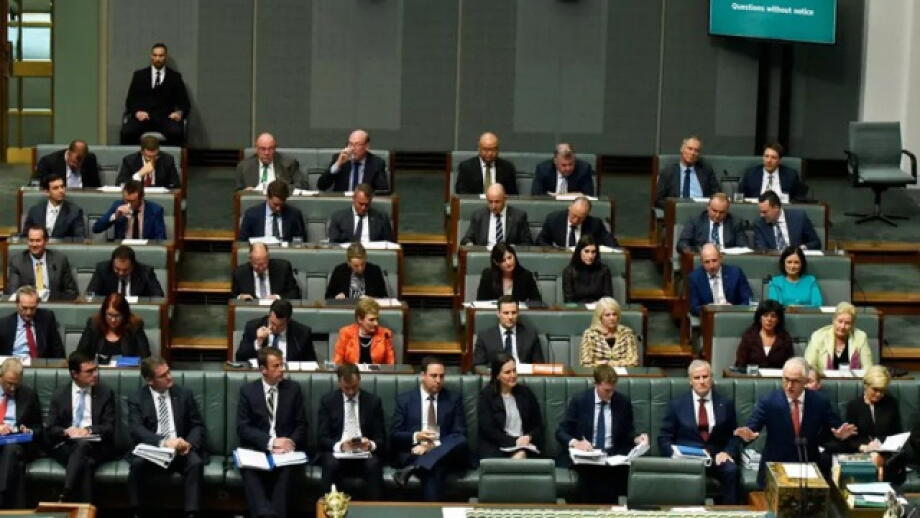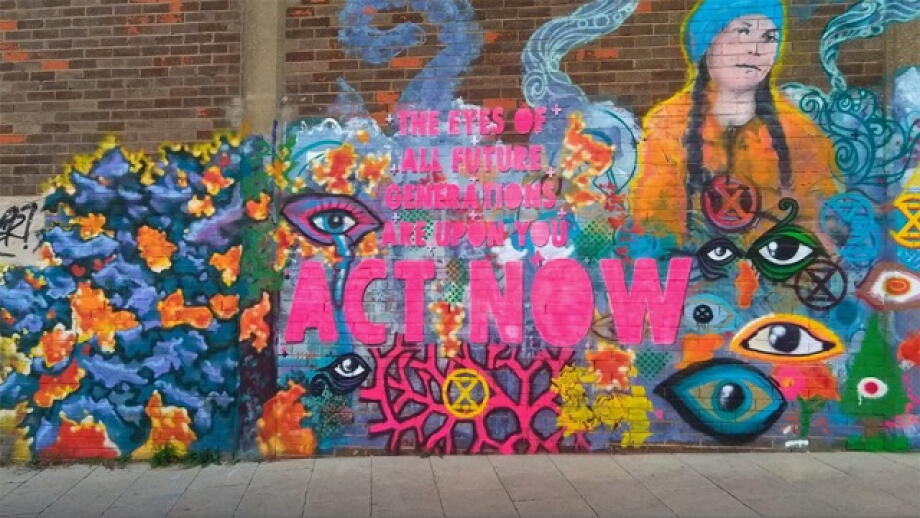With this strategy, Australia takes a stand against global backlash on gender equality, diversity, equity and inclusion, and takes an evidence-based approach to making foreign policy for the benefit of all in our community
In September 2023, the Global Institute for Women’s Leadership (GIWL) made a submission to support the development of Australia’s new International Gender Equality Strategy, outlining key priorities for improving gender equality on a global scale. Covering critical areas such as climate action, gender-based violence, women’s leadership, and economic empowerment, our submission provided a clear roadmap for meaningful change. Fast forward to 2025, and we can see that the Department of Foreign Affairs and Trade (DFAT) has taken many of our recommendations onboard, shaping its new International Gender Equality Strategy to reflect a deep commitment to systemic change by tackling the root causes of inequality.
In our submission, we highlighted that climate change isn’t just an environmental crisis – it’s a gender issue too. Women and gender diverse folk, particularly those in vulnerable communities, are disproportionately affected by climate-related disasters. We called for women to have a stronger voice in climate entrepreneurship and for funding to be directed towards gender-responsive climate finance. DFAT responded by embedding gender equality into climate finance, disaster preparedness, and humanitarian response. The strategy acknowledges the reality that climate change affects women and gender diverse people differently and aims to make sure they’re part of resilience efforts and economic growth opportunities, particularly in the shift toward green energy.
Gender-based violence (GBV) remains a critical issue, and we emphasised the need for stronger research into online GBV and the increasing backlash against women’s rights. We urged more investment in justice for survivors and a whole-of-government approach to tackling the issue. In response, DFAT has committed to scaling up crisis centres, expanding services in conflict settings, and funding sexual and reproductive health services. The strategy also acknowledges online GBV and misinformation as growing threats, calling for global action against gendered disinformation. DFAT’s approach reflects our recommendations on tackling emerging threats like online abuse while reinforcing investments in survivor-centred GBV responses.
The conversation around women’s leadership was another key focus of our recommendations. It’s not enough to empower women and gender diverse folks individually – there needs to be real systemic change to ensure gender parity in leadership roles across diplomacy, governance, and business. DFAT embraced this vision by funding leadership programs, scholarships, and professional development opportunities for women and gender diverse folks, particularly in the Pacific region. The strategy also integrated gender equality into foreign policy, trade agreements and peace negotiations, making sure that women and gender diverse people have a seat at the table to actively shape policies and decisions.
Our recommendations called for embedding gender equality across all government sectors, including foreign policy, security, trade, and development. We also called for the creation of mandatory reporting mechanisms for accountability and strengthening inter-departmental coordination to ensure unified gender policies. DFAT has responded by ensuring gender mainstreaming across foreign affairs, trade, security, and humanitarian policies. It has implemented annual reporting on gender equality performance, aligning with global frameworks like the Convention on the Elimination of All Forms of Discrimination against Women (CEDAW) and the Sustainable Development Goals (SDGs). DFAT has adopted transparency and accountability measures, ensuring that gender equality is continuously tracked and improved.
Building off our research in gender equality in the space sector, we also called for the Women, Peace and Security (WPS) agenda to include an explicit focus on the space sector. We are delighted that the new strategy specifically references space security in its approach to WPS, representing one of the first such strategies globally to directly recognise and work towards this goal.
Lead author of our submission, GIWL Deputy Director Dr Elise Stephenson, says that the timing of this strategy launch matters. "With this strategy, Australia takes a stand against global backlash on gender equality, diversity, equity and inclusion, and takes an evidence-based approach to making foreign policy for the benefit of all in our community.
We look forward to seeing further work built out in upcoming strategies, including for LGBTIQ+ people, however are encouraged to see the new strategy take a ‘fix systems, not women’ approach to diplomacy and development, and look forward to supporting DFAT further in its roll-out.”
DFAT’s new International Gender Equality Strategy is a direct reflection of many submissions across Australia, however we are delighted that many of GIWL’s direct recommendations had an influence – demonstrating a commitment to structural changes that will have meaningful, long-term impact – paving the way for Australia to position itself as a global leader in gender equality. The result is a strategy that’s ambitious, action-oriented, and built on the belief that gender equality is not just a goal – it’s essential for a better, more just world.
Contact
Elise Stephenson
Deputy Director
Climate change, Intersectionality & identity, Politics & international affairs, The space sector, Youth engagement
You may also like
What is stopping politically engaged women from running for politics – and how can we fix it?
In March, we collaborated with Women for Election (WFE) on a new research survey to explore what is preventing women from greater participation in politics.
Aussies want more forward-thinking politics
81 per cent of Australians agree our politicians generally think too short-term when making decisions, according to our new report.
Women could hold keys to election win
Women could hold the keys to the Lodge and election victory this Saturday, with new analysis from The Australian National University (ANU) showing female voters are three times more likely than men…





